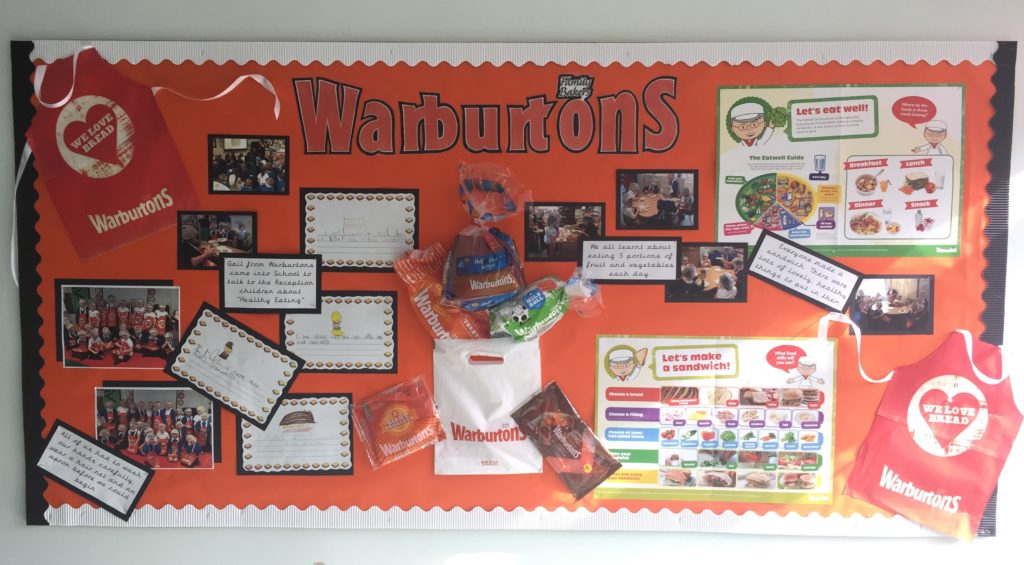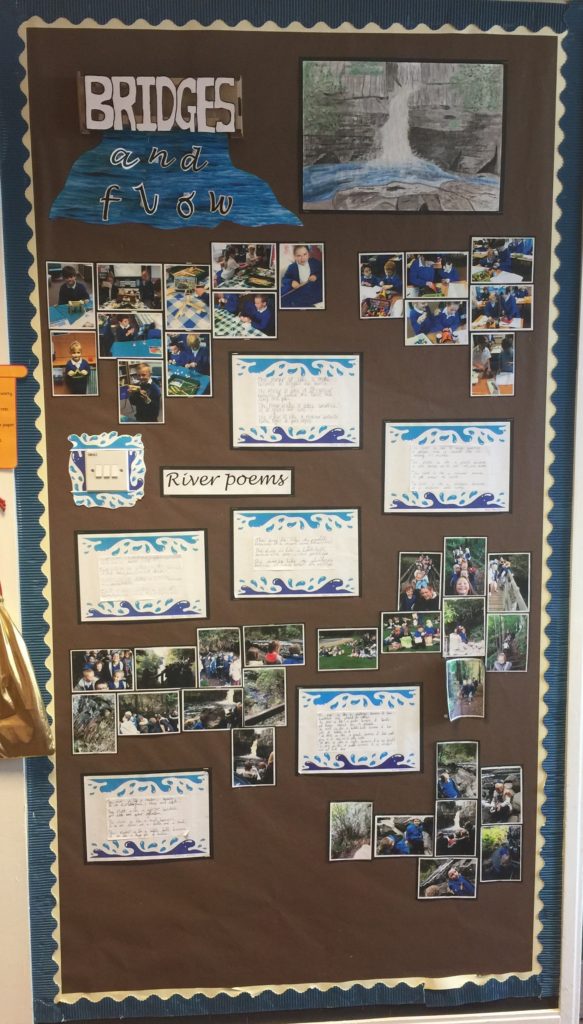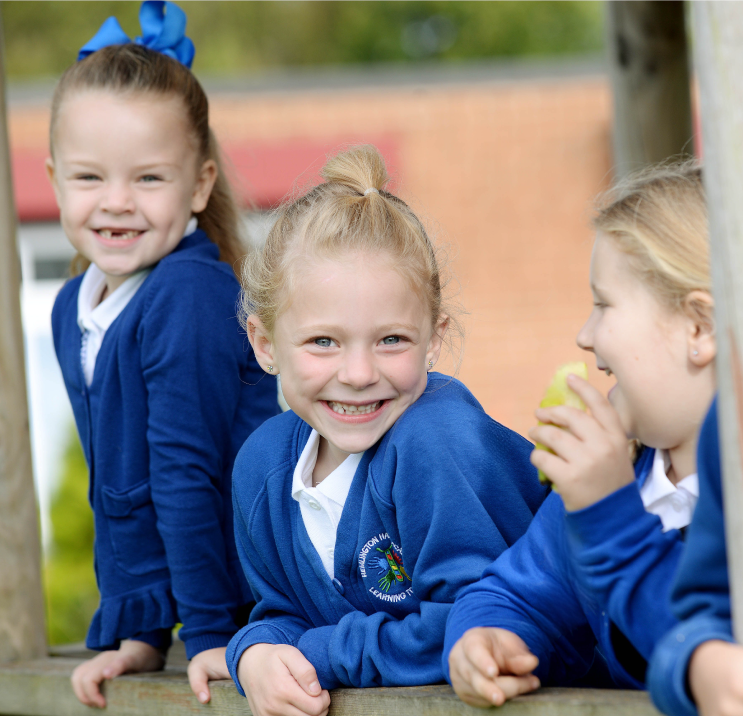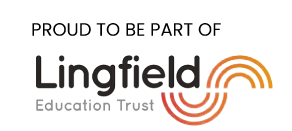At Hemlington Hall Academy, our children use their creativity and imagination to solve real-life problems, taking ideas from and evaluating existing products and solutions in addition to applying maths, science, engineering, computing and art skills. Our children use a wide range of media to design and make a finished product, including learning about nutrition and cooking, all whilst developing critical thinking skills.
Intent
- Children to recognise the result of design and technology in everyday life
- Children to know that DT is a subject – where they learn to make and evaluate things effectively
- Leave Primary with a firm grasp of the design, make, evaluate cycle
- Children to be confident and safe with a range of simple tools and to be able to choose and select appropriate tools to use safely and sensibly
- Food technology is weaved across wider learning opportunities within KS1 and KS2, alongside specific units of work. Children are also given the opportunity to work alongside the school chef to develop their understanding of healthy eating whist creating, experimenting with and tasting a range of dishes to promote healthy eating within the school dining hall.
Our Design Technology Curriculum at Hemlington Hall Academy
National Curriculum
Key Stage 1
Through a variety of creative and practical activities, pupils should be taught the knowledge, understanding and skills needed to engage in an iterative process of designing and making. They should work in a range of relevant contexts [for example, the home and school, gardens and playgrounds, the local community, industry and the wider environment].
When designing and making, pupils should be taught to:
Design
• design purposeful, functional, appealing products for themselves and other users based on design criteria
• generate, develop, model and communicate their ideas through talking, drawing, templates, mock-ups and, where appropriate, information and communication technology
Make
• select from and use a range of tools and equipment to perform practical tasks [for example, cutting, shaping, joining and finishing]
• select from and use a wide range of materials and components, including construction materials, textiles and ingredients, according to their characteristics
Evaluate
• explore and evaluate a range of existing products
• evaluate their ideas and products against design criteria
Technical knowledge
• build structures, exploring how they can be made stronger, stiffer and more stable
• explore and use mechanisms [for example, levers, sliders, wheels and axles], in their products.
Key stage 2
Through a variety of creative and practical activities, pupils should be taught the knowledge, understanding and skills needed to engage in an iterative process of designing and making. They should work in a range of relevant contexts [for example, the home, school, leisure, culture, enterprise, industry and the wider environment].
When designing and making, pupils should be taught to:
Design
• use research and develop design criteria to inform the design of innovative, functional, appealing products that are fit for purpose, aimed at particular individuals or groups
• generate, develop, model and communicate their ideas through discussion, annotated sketches, cross-sectional and exploded diagrams, prototypes, pattern pieces and computer-aided design
Make
• select from and use a wider range of tools and equipment to perform practical tasks [for example, cutting, shaping, joining and finishing], accurately
• select from and use a wider range of materials and components, including construction materials, textiles and ingredients, according to their functional properties and aesthetic qualities
Evaluate
• investigate and analyse a range of existing products
• evaluate their ideas and products against their own design criteria and consider the views of others to improve their work
• understand how key events and individuals in design and technology have helped shape the world
Technical knowledge
• apply their understanding of how to strengthen, stiffen and reinforce more complex structures
• understand and use mechanical systems in their products [for example, gears, pulleys, cams, levers and linkages]
• understand and use electrical systems in their products [for example, series circuits incorporating switches, bulbs, buzzers and motors]
• apply their understanding of computing to program, monitor and control their products
Cooking and nutrition
As part of their work with food, pupils should be taught how to cook and apply the principles of nutrition and healthy eating. Instilling a love of cooking in pupils will also open a door to one of the great expressions of human creativity. Learning how to cook is a crucial life skill that enables pupils to feed themselves and others affordably and well, now and in later life.
Pupils should be taught to:
Key stage 1
• use the basic principles of a healthy and varied diet to prepare dishes
• understand where food comes from.
Key stage 2
• understand and apply the principles of a healthy and varied diet
• prepare and cook a variety of predominantly savoury dishes using a range of cooking techniques
• understand seasonality, and know where and how a variety of ingredients are grown, reared, caught and processed.





